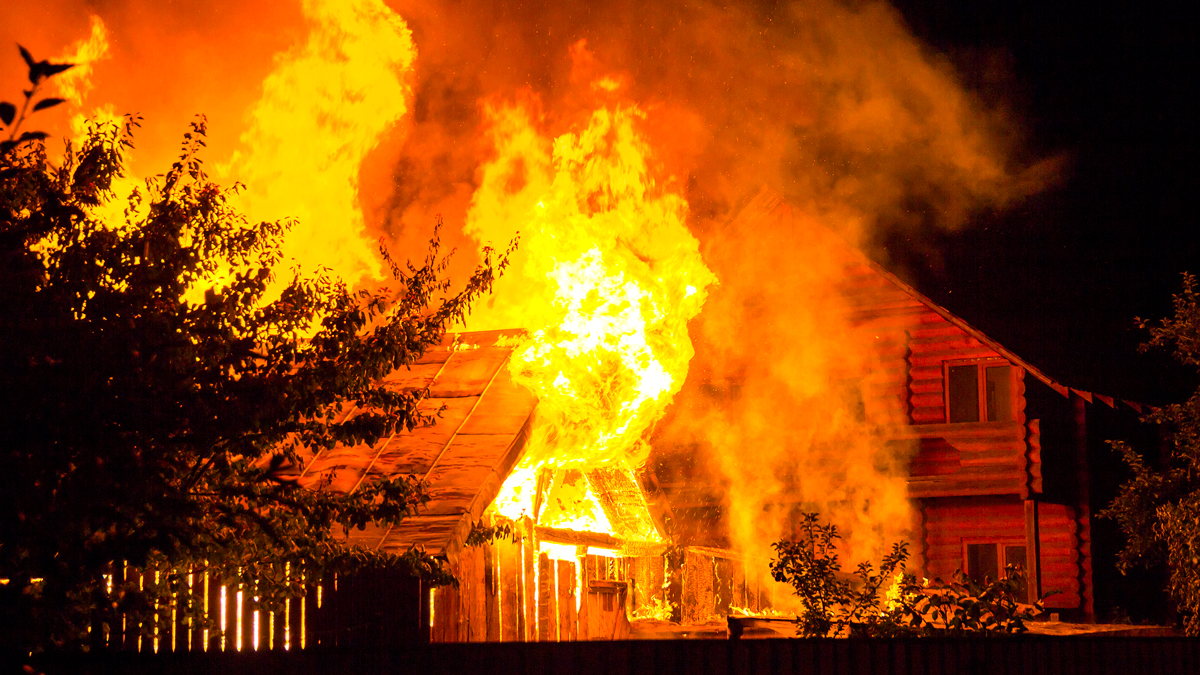
Having a serious fire in your house can have extreme consequences to its structural integrity, the electrical system, as well as serious health concerns. Most people wonder if it’s even worth restoring, considering all the aspects that need to be repaired, as well as the time needed to do it. Here are some of the compelling arguments that will better help you decide whether restoring your fire-damaged house is worth the expenses and time, or should you simply sell it.
Evaluate the Damage
One of the first things you should do after the fire has been safely put out is to evaluate the damage your property has suffered. The most obvious damage will come from burning, which will first impact your furniture, then countertops, and ultimately if the fire is exceptionally severe, the structural components such as walls. Any kind of structural and foundation damage to your house will be extremely difficult and quite expensive to repair, and it will pose a great threat from crumbling down. It’s worth mentioning that initial fire damage is not the only type of damage that will occur. As we’ll see later on, many types of damages follow it, such as water damage, electrical damage, and others.
Additional Damage
Many people don’t realize that a house that has sustained fire damage as a rule of thumb always has some kind of additional damage. This may not be common knowledge, which is why it’s so important to put an accent on it. Along with fire damage comes the water damage as well. This happens mostly due to damaged pipes, which can cause water spills. In addition to this, it can also come from the firefighters’ efforts to extinguish the fire. As the professionals from webuyfiredamagedhouses.com/ suggest, in addition to fire and water damage, there is also electrical damage and the residue debris and smell, which will need thorough and professional sanitation that can quickly add up the cost of restoration.
Consider the Time Needed to Restore
Once all of the types of damages have been evaluated, such as the fire damage, water damage, electrical damage, as well as the other kinds of complications, you should have a good idea how long the restoration will take, if it is even possible. Most people intend to repair their home completely until they hear how long it will take. This is especially troublesome if your whole family lives together as you will have to pay for a hotel stay, which will further add to the total cost. In addition to this, even if you find an affordable stay, you will want to move back to the same town as soon as possible because of work and school.
Think About the Costs
One of the most detrimental aspects of any kind of restoration is how much money it will require. More often than not, the house that has been damaged by fire is well beyond repair, but in some cases, this is entirely possible. However, it doesn’t come quite cheap. As we’ve discussed early on, many types of damages accompany the initial fire damage, and most of them are quite serious. This is especially true if there are structural problems with your house, as well as the build-up water and malfunctioning electricity. The costs exponentially add up the more problems you discover, which is why it might not be the best idea to consider restoration, and you should spare yourself the troubles and sell.
Health Concerns
A house that has suffered a lot of fire damage is not safe for housing. This comes from obvious problems such as destroyed furniture and appliances, as well as structural problems. However, these are just a small portion of the problems. If there is a water buildup, it can further damage the structure, and the chances of mold formation are extremely high. Furthermore, if there is an electrical malfunction, this too is a health hazard, especially if it comes in tandem with the water damage. And last but not least, there is a noticeable smell that renders the air in your house toxic because it has high carbon monoxide levels resulting from the combustion.
Fire damage is extremely devastating on its own, let alone with the secondary damage that comes from it. Water, electricity as well as structural damages are some of the most common issues that follow along. In addition to this, the house will need thorough sanitation and decreased carbon monoxide levels, which can take a lot of time and resources, which is why it might be the best idea to simply sell it.




